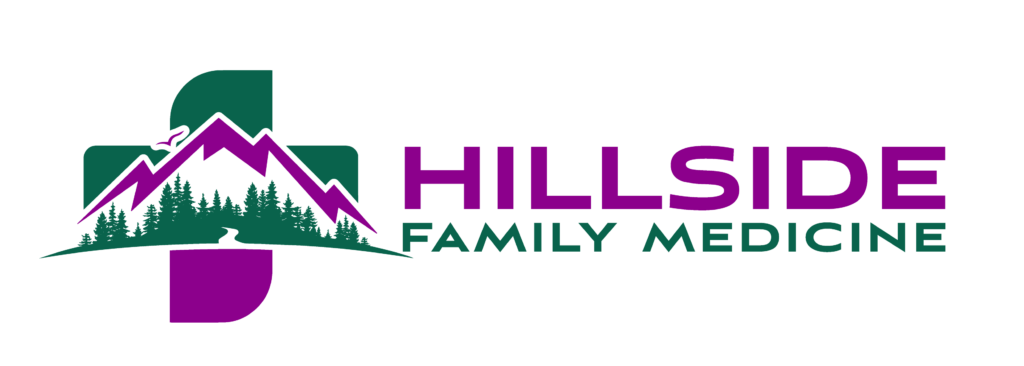Have you heard the U.S. Bureau of Labor Statistics report that over 2.8 million workers get injured each year?
Visiting an occupational medicine provider is important for your health, especially if your job involves certain risks. Whether it’s your first time or a follow-up visit, being prepared with the right questions can make a big difference.
What kinds of questions should you keep in mind? Read on so you’ll know how to direct these important conversations.
What Health Risks Are Associated with My Job?
Start your occupational health questions by asking your occupational medicine provider about the specific health risks related to your job. Different jobs have different risks, and you can lower yours by taking specific precautions.
For example, someone working in construction might face physical risks, while someone in an office might have risks related to posture.
What Symptoms Should I Watch Out For?
Every job has certain health symptoms that can be early signs of bigger issues. During your occupational medicine visit, ask your physician about common work-related symptoms you should be aware of. For instance, if you work with chemicals, ask about symptoms related to chemical exposure.
Knowing this will give you an edge when it comes to getting faster treatment.
How Can I Protect Myself at Work?
Ask your provider for tips on how to protect yourself at work. This could include doing the following:
- Using protective gear
- Taking regular breaks
- Doing exercises to reduce strain
Do I Need Any Special Tests or Screenings?
There are some important health assessment questions, so ask if you need any special tests or screenings based on your job. Some jobs may require regular screenings for the following:
- Hearing
- Lung function
- Other specific health checks
How Will My Job Affect My Long-Term Health?
It’s important to think about the long-term effects of your job on your health. Part of your doctor-patient communication should involve asking how your job might impact your health over the years.
For example, repetitive motions or exposure to certain substances could lead to chronic conditions.
What Should I Do if I Get Injured at Work?
Workplace injuries can happen, even when you’re careful. Ask your provider what steps you should take if you get injured on the job.
Knowing the proper procedures can help ensure you get the right treatment quickly, which might include reporting the injury and getting care.
Can My Job Affect My Mental Health?
One of the lesser-known physician consultation tips is to ask your occupational medicine provider if your job could impact your mental well-being. Stress, long hours, and difficult working conditions can all affect your mental health.
If you’re feeling overwhelmed or stressed, don’t hesitate to bring it up during your appointment.
Talk to Your Occupational Medicine Provider
Effective provider-patient communication is key to ensuring your health and safety at work. By asking these occupational health questions, you can get the most out of your occupational medical appointments.
Are you on the lookout for a new occupational medicine provider in Anchorage? Contact Hillside Family Medicine to schedule an appointment. Our appointments are always a minimum of 30 minutes because we prioritize patient care and communication.

